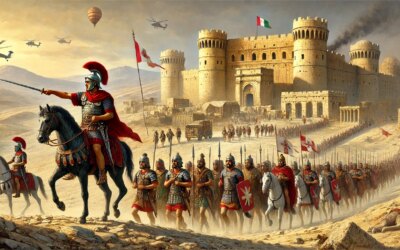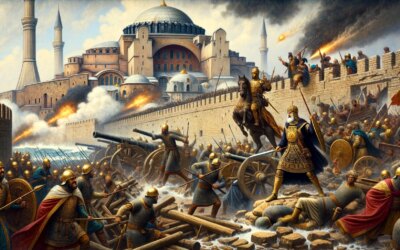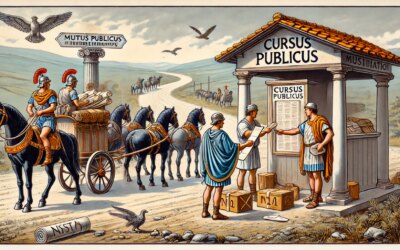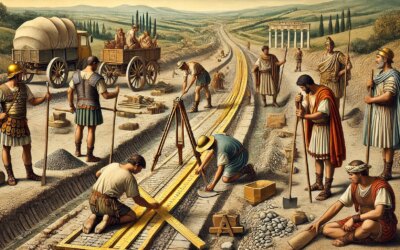Introduction: An Emperor in Exile—or in Control?
In 26 AD, Emperor Tiberius, the second ruler of the Roman Empire, left the capital and retired to the island of Capri. Though he remained emperor until his death in 37 AD, this withdrawal from Rome marked one of the most enigmatic chapters in imperial history. Was Tiberius escaping political tension, orchestrating rule from afar, or descending into paranoia and vice? The villa-lined cliffs of Capri bore witness to a complex figure at the height—and perhaps the limits—of Roman autocracy.
Tiberius: Reluctant Emperor
Born in 42 BC, Tiberius Claudius Nero was a capable general and administrator, but he never seemed to desire power. Adopted by Augustus, he became heir to the empire’s vast dominion. When he ascended to the throne in 14 AD, many expected continuity, but Tiberius ruled with a cold, calculating style. He avoided grandeur, reduced Senate debates, and maintained tight control over imperial finances and appointments.
The Retreat to Capri
By 26 AD, Tiberius had grown weary of Rome’s politics, especially the manipulations of the Senate and his increasingly influential Praetorian Prefect, Sejanus. Capri, remote yet accessible, offered refuge. From the luxury of his coastal villas—most notably Villa Jovis—Tiberius maintained correspondence with Rome, but his physical absence created a power vacuum that Sejanus filled with lethal ambition.
Capri: Paradise and Prison
Ancient sources, particularly Tacitus and Suetonius, paint a grim picture of Tiberius’ time on Capri. They describe the island as a place of hedonistic excess, secret executions, and sexual depravity. However, these accounts were written decades later and may reflect senatorial bias. What is clear is that Tiberius became increasingly reclusive, and his trust in others evaporated. He ruled through letters and emissaries, distancing himself both emotionally and politically from the capital.
Sejanus and the Price of Delegation
While Tiberius secluded himself, Sejanus gained unchecked power. As commander of the Praetorian Guard, he influenced Senate decisions, orchestrated purges, and even plotted to marry into the imperial family. In 31 AD, Tiberius finally acted, ordering Sejanus’ arrest and execution in a dramatic reversal that shocked Rome. This event proved Tiberius was still very much in control, despite his isolation, and marked the beginning of an intensified reign of suspicion and retribution.
The Last Years and Death
Tiberius remained on Capri for most of his final decade, increasingly detached and mistrustful. When he died in 37 AD at age 77—possibly from natural causes or a smothering orchestrated by his successor Caligula—Rome reacted with relief and joy. Despite his administrative skill and military legacy, Tiberius left behind a reputation tainted by fear, aloofness, and cruelty.
Historical Reassessment
Modern historians have re-evaluated Tiberius with more nuance. While ancient narratives often depict him as a tyrant lost in depravity, his reign was marked by stability, conservative fiscal policy, and effective governance. His retreat to Capri may not have been dereliction, but rather a calculated move to observe and manage power without the toxic politics of the capital.
Conclusion: The Emperor Above the Sea
Tiberius’ years on Capri encapsulate the paradox of imperial power—its grandeur and its loneliness. From his marble perches overlooking the Mediterranean, he ruled the known world with a mixture of brilliance, suspicion, and detachment. Whether seen as tyrant or misunderstood recluse, Tiberius remains one of Rome’s most enigmatic rulers—his legacy carved not only in stone but in the silence between command and absence.






